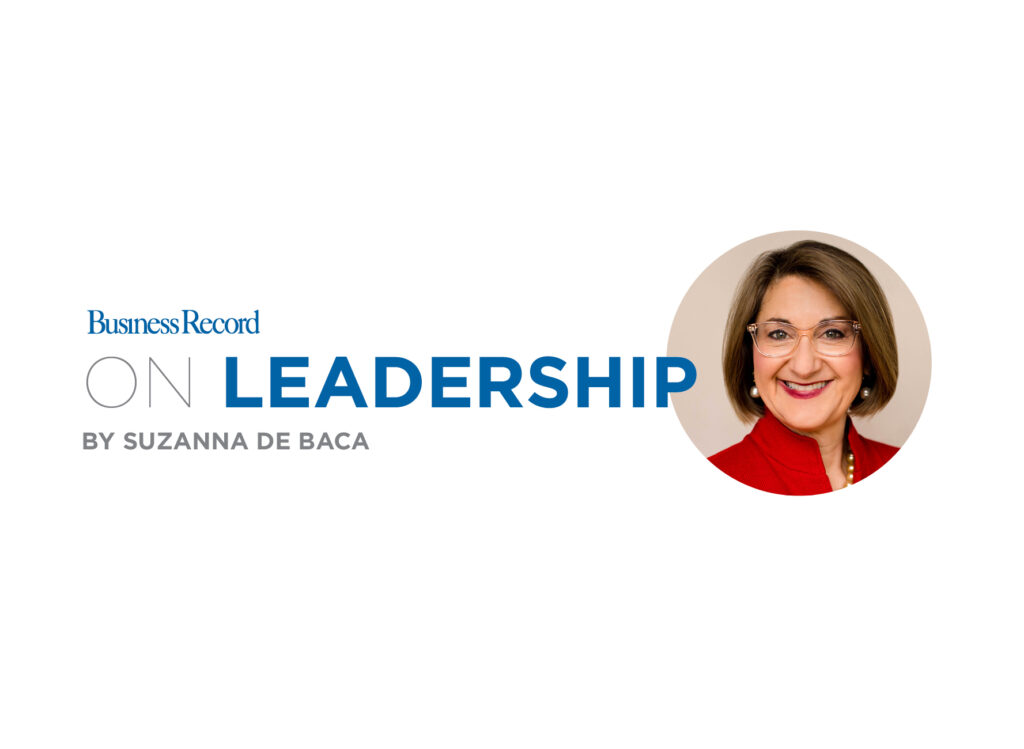GUEST OPINION: How about some free consulting?
Businesses spend billions of dollars every year hiring consultants to provide advice they hope will improve how they manage their human resources. What some don’t realize is that there are volumes of research that can help businesses run more effectively and efficiently, most of it available free of charge.
This work, performed by researchers at colleges and universities across the world, has uncovered ways to better manage people. And much of it can have a direct impact on a firm’s bottom line.
For instance, academic research has found the best predictor of employee success is intelligence, more so than conscientiousness or values; that employee participation in decision making is more effective when clear performance goals are established; that spacing training sessions over time improves learning; and that pay is much more important to employees than the employees let on.
Academic research findings like these can help businesses establish better compensation and reward systems as well as more effective methods of recruiting, training and evaluating employees. Much of this research confirms what human resources (HR) practitioners already know. But some of it calls into question generally accepted HR practices.
Surveys we collected from more than 800 HR managers around the country show that many human resources practitioners are unaware of which HR practices were generally most effective. My interactions with HR professionals reveal that they often believe useful academic research is buried in obscure journal articles filled with dense and impenetrable technical jargon. Sometimes this is true.
But research has also shown that practitioners who make the effort to read academic research are better informed about which HR practices work well and which don’t.
Moreover, academic researchers have discovered that consultants will edit their research to make it sound more accessible, and then charge clients for it. Some academics are cutting out this “consulting firm middleman” and providing valuable information directly to businesses. For instance, the website www.IOatwork.com offers easy-to-read summaries of recent academic research for free.
For the price of a membership fee, professional associations such as the Society of Human Resource Management offer research consultations and access to online databases.
At times, consultants are indispensable. But they aren’t always needed and can’t always be afforded. How can cost-conscious small business owners be more systematic in using academic research? We recommend borrowing a process from medical education called “systematic reviews.”
Such reviews require managers to specify the problem (i.e., reduce turnover among new employees), gather previous research findings on the topic, summarize the results, then integrate it with local knowledge and expertise.
This is what we all want our doctors to do, and our HR professionals should be no different.
Ken Brown is associate professor of management and organizations at the University of Iowa’s Henry B. Tippie College of Business.








